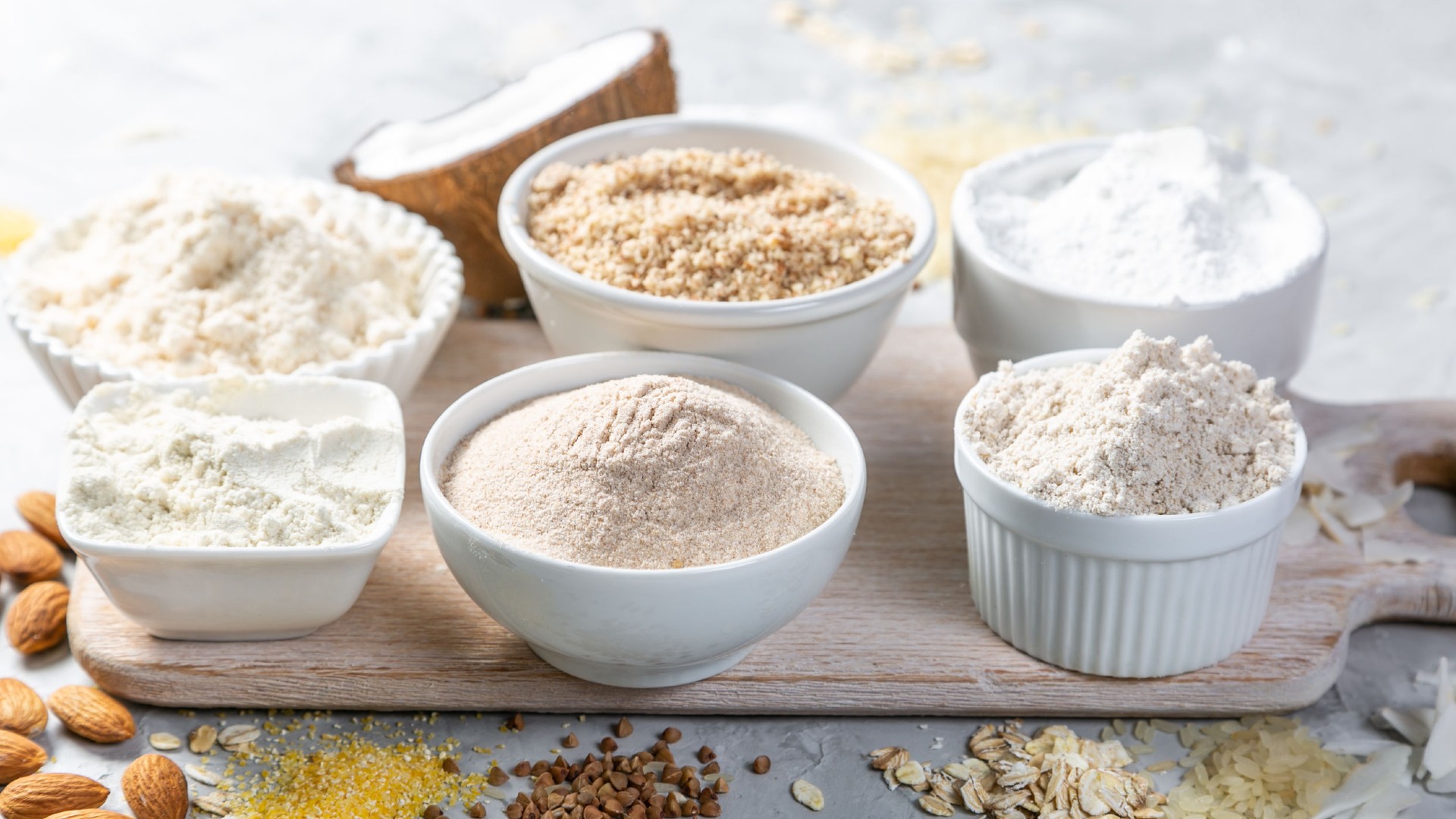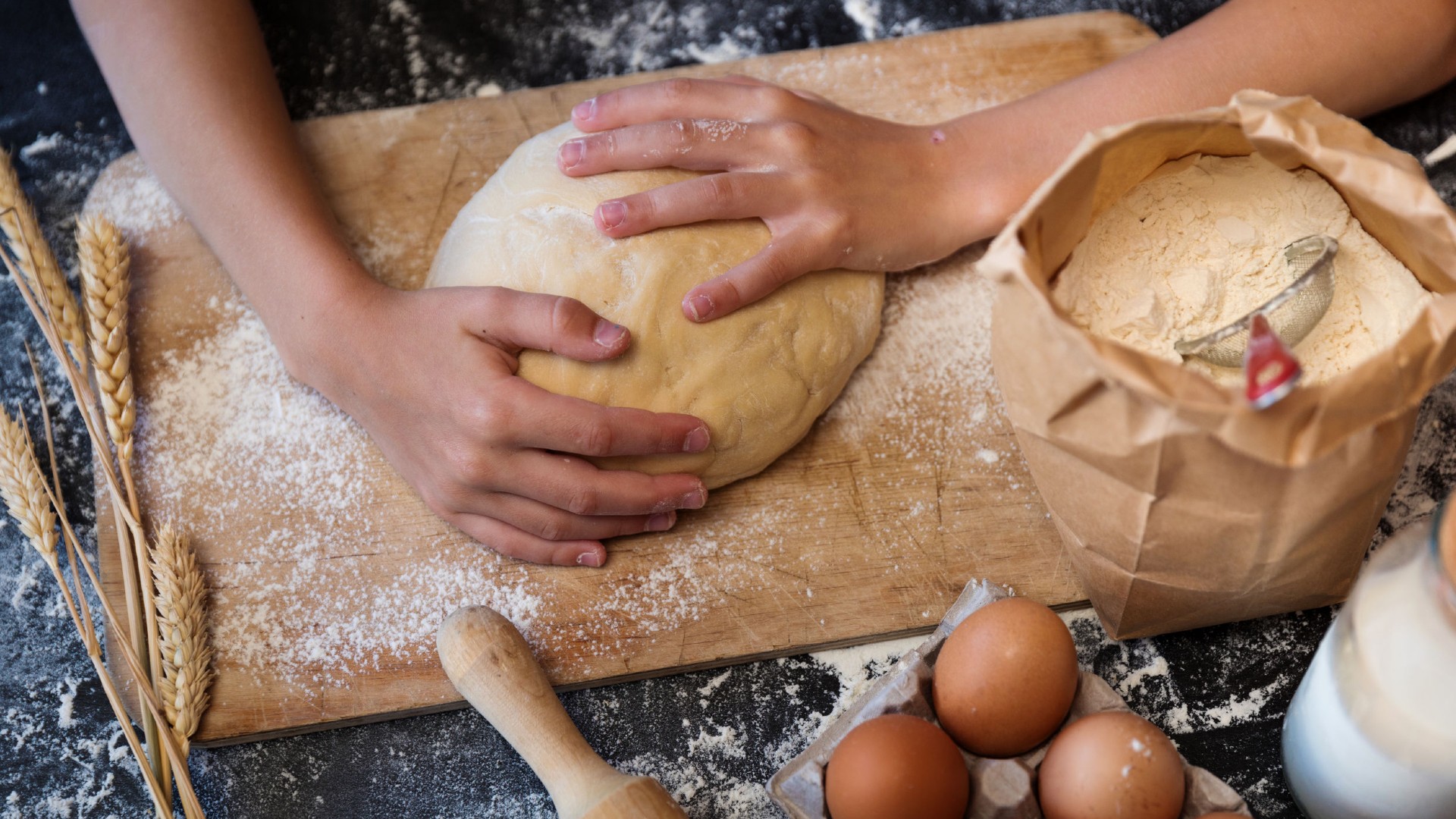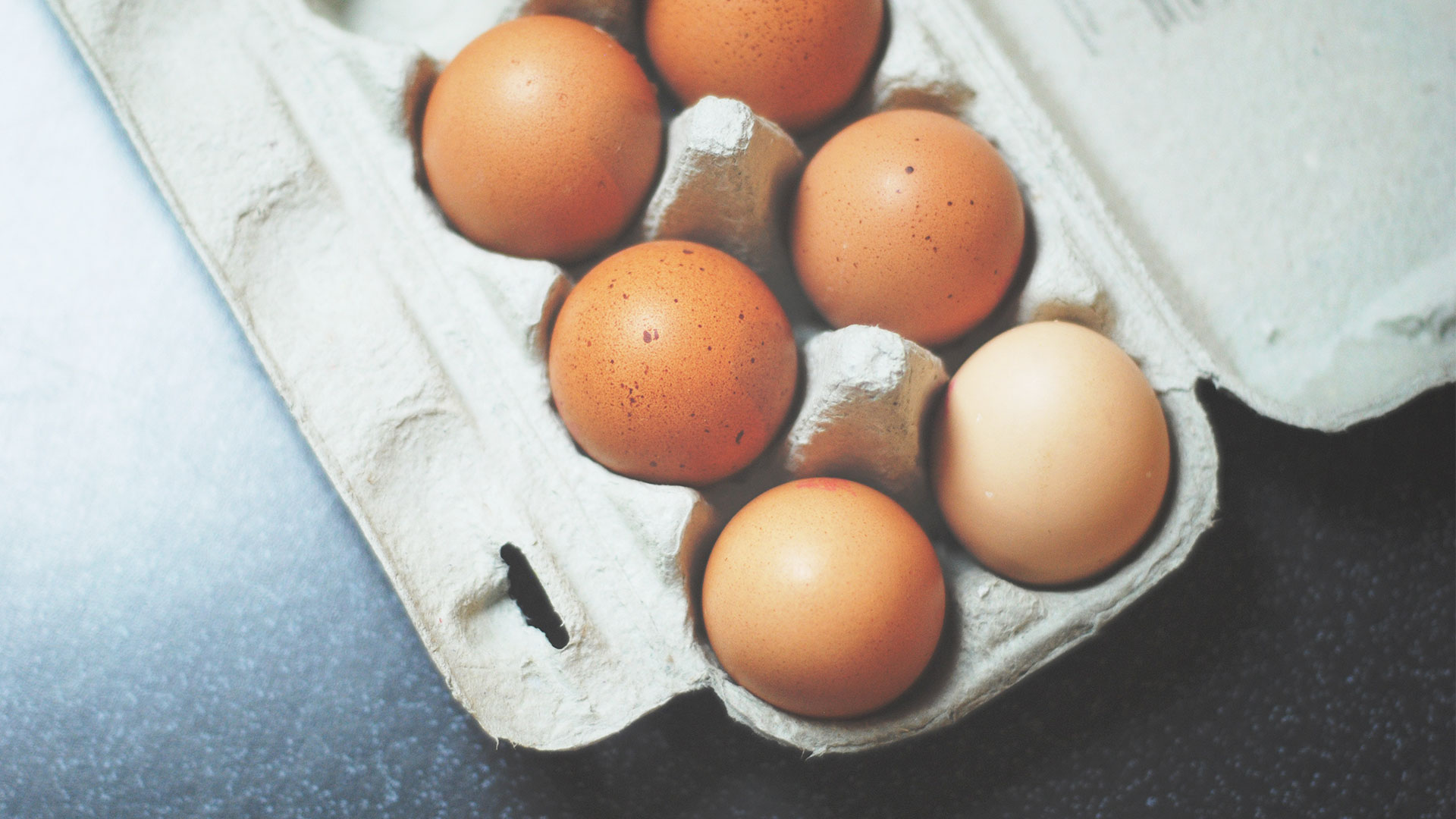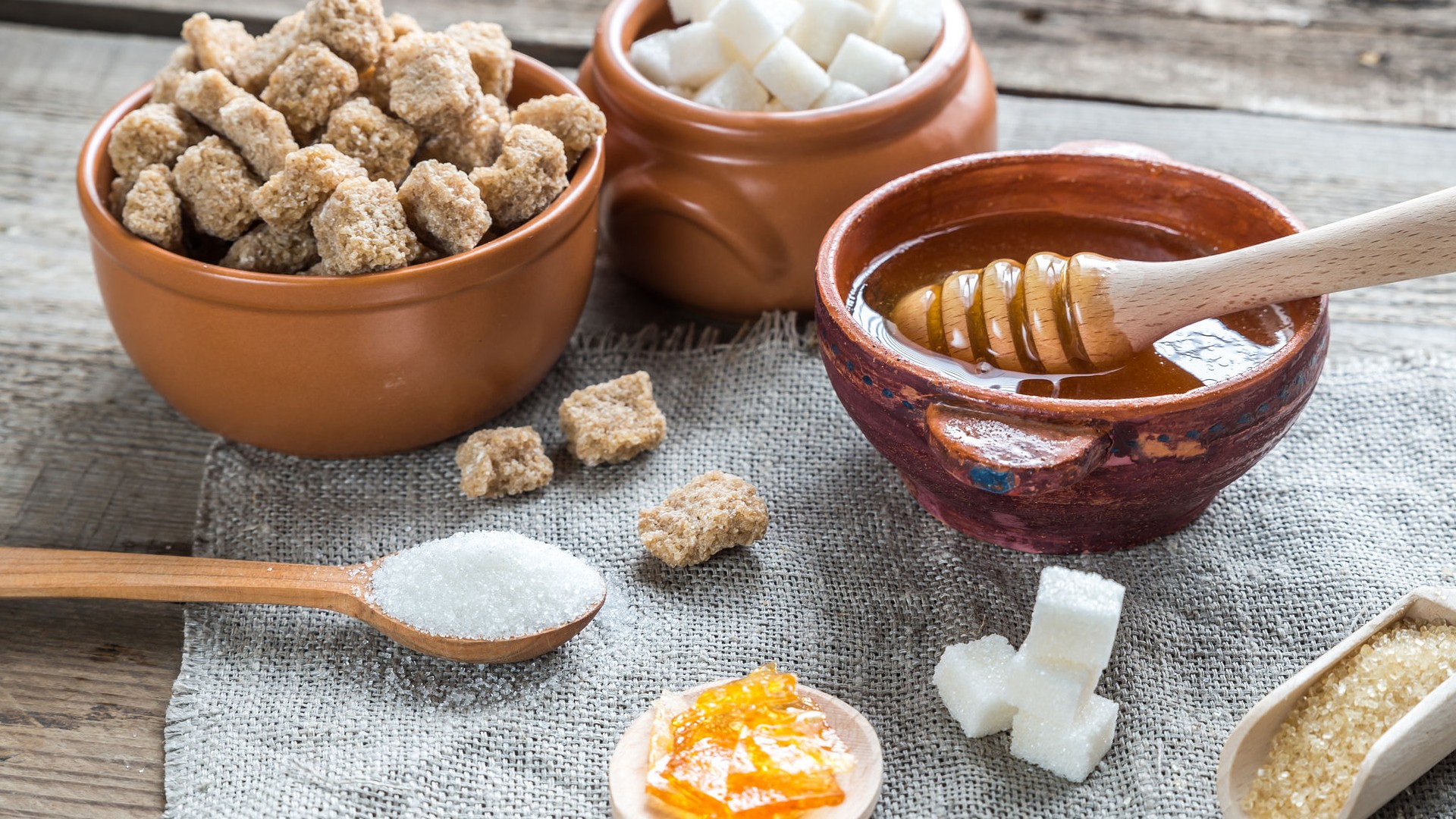Flour OOS? Here’s What To Bake With Instead
You’ve got all the sugar substitutes, but now you can’t find any flour for quarantine baking? Relax. That’s probably the best thing that could have happened to you during this lockdown. Did you know you could bake better with smart substitutions and much healthier ingredient swaps instead? Trust us, you won’t be reaching for another bag of nutrient-stripped plain white flour anytime soon even after the CB is over.
Use these flours instead for a healthier bake:

Oat flour
If you’ve got oats in your pantry, you’ve got oat flour – all you need to do is put it through a blender or a food processor. Not only is this gluten-free flour high in iron and protein, but it's also loaded with soluble fibre that helps lower the body’s cholesterol and stabilise blood sugars. Its mild taste makes it a perfect replacement for white flour in breads, baked goods, pancakes and cookies.
Quinoa flour
Remember those nutrient-rich quinoa grain bowls? Use a food processor or a blender to grind the quinoa into an easy gluten-free flour for baking sweets or savouries. Packed with protein, fibre, iron, and magnesium, quinoa also has a low glycaemic index, thus regulating blood sugar and keeping the heart healthy.
Coconut flour
Did you know you can bake a whole loaf of banana bread with just ½ cup of coconut flour? Made from dried and ground coconut pulp, coconut flour is high in fibre, low in carbs, but does have more saturated fat than white flour. Coconut flour has a high moisture content and very high absorbency, which usually requires adding additional liquid or fat, making it a perfect choice for breads and cakes with lots of wet ingredients - like classic banana bread.
Rye flour
This flour substitute contains lower levels of gluten, is an easy one-to-one swap for regular flour, and is brimming with anti-inflammatory iron. Milled from rye kernels, rye flour varies in colour according to how much whole grain and bran it contains. Lighter rye flour has a slightly sweet taste that works perfectly for baked treats, while dark rye flour (which contains more of the whole grain), is higher in fibre and heavier in texture, giving a malty and earthy complexity to crackers and classic rye bread.
Almond flour
Substitute two cups of almond flour for every one cup of white flour for gluten-free baked treats. Made from ground raw almonds, almond flour (or almond meal which is slightly courser) contains more protein, unsaturated fat, vitamin E, fibre, calcium and magnesium than white flour.
Buckwheat flour
Not actually related to wheat, this gluten-free flour substitute is a great source of fibre, essential amino acids and vitamins. Made from buckwheat seeds or groats, the high protein flour is known for the nutty, earthy tones it gives to classic recipes like buckwheat noodles, pancakes and crêpes.
Chickpea flour
Made from finely ground dried chickpeas or garbanzo beans, gluten-free chickpea flour is packed with protein and fibre, so it’s healthy and filling. Its earthy notes make it a perfect white flour swap for savoury dishes such as meatballs, veggies burgers or socca pancakes.
For the latest updates on Wonderwall.sg, be sure to follow us on Facebook, Instagram and Telegram. If you have a story idea for us, email us at [email protected].











